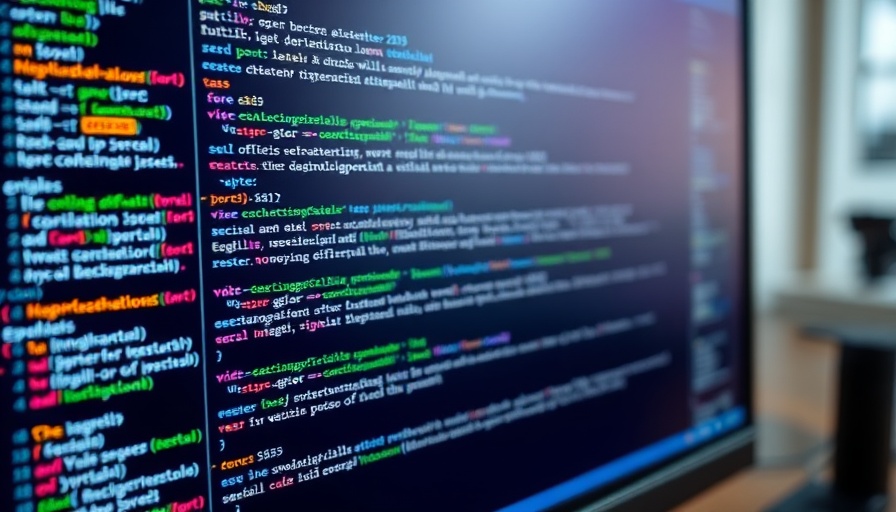
Understanding Google's Web Content Indexing Process
Google's Gary Illyes sheds light on the intricacies of indexing web content, emphasizing the significance of the 'main content' in the broader framework of search engine optimization (SEO). Through its rigorous processes, Google aims to understand and prioritize what constitutes the central value of a webpage, a factor pivotal for effective indexing and ranking.
The Importance of Main Content for SEO
Illyes noted that the designation 'main content' often refers to what is termed 'centerpiece content.' According to Google’s Search Quality Rater Guidelines, the main content is defined as any component that assists in fulfilling the page's purpose. This includes various formats such as text, images, videos, and user-generated content like comments or reviews. An effective strategy for webmasters is to focus on enhancing the visibility and relevance of this main content to improve their search engine rankings.
The Role of Semantic HTML in Content Identification
One of the critical aspects discussed was Google's reliance on semantic HTML for accurately delineating main content from secondary elements. By employing HTML elements to clearly identify different segments of a webpage—such as headers, footers, and navigation—webmasters can aid search engines in differentiating between valuable information and less important areas. This strategic use of structure not only enhances user experience but also boosts the weightage of crucial terms embedded within the main content.
Common Mistakes: The Impact of Soft 404s
Illyes highlighted soft 404 errors as a significant hindrance in the indexing process. These errors can mislead search engines into believing that a page is returning the expected content when, in fact, it may not be delivering any substantial information. Such misunderstandings can exhaust a website's crawl budget, preventing Google from effectively indexing the intended content. Understanding and rectifying these issues is essential for maintaining a healthy online presence.
Future Predictions on Search Engine Indexing
As web technology continues to evolve, the efficiency and accuracy of Google's indexing methods are also expected to advance. Future shifts may focus on greater contextual understanding and user intent, enabling search engines to deliver more relevant results based on individual user searches. It will be crucial for website owners to stay informed about these dynamics to adjust their content strategies accordingly.
In summary, comprehending the nuances of content indexing and enhancing your site's main content are integral to SEO success. Webmasters must proactively address common pitfalls such as soft 404 errors and implement semantic HTML to facilitate Google's indexing process. Understanding these elements not only positions a webpage for higher rankings but also significantly improves user experience.
 Add Row
Add Row  Add
Add 




Write A Comment